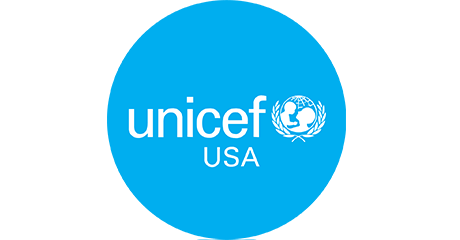NEW YORK / BEIRUT (November 23, 2021) - With no sign of a let-up in Lebanon’s crisis, the impact on children is progressively worsening, with a new poll showing an increase in the number of children going hungry, having to work to support their family and not getting the health care they need. These are the findings released today in UNICEF’s report ‘Surviving without the basics; the ever-worsening impact of Lebanon’s crisis on children’.
The figures show a dramatic deterioration of living conditions over six months, with more than half of families having at least one child who skipped a meal in September, as compared with close to 37 per cent in April. More than 30 per cent of surveyed families reported cuts on education expenses (up from 26 per cent in April).
The report is based on two Child-focused Rapid Assessments conducted by UNICEF in April 2021 and again in October 2021 among the same families[1] –interviews with families and children affected by the crisis in this VIDEO[2]. Faced with skyrocketing inflation, rising poverty and increasingly scarce jobs, 40 per cent of families had to sell household items (up from 33 per cent). Seven in ten had to buy food on credit or borrow money to afford food, as compared with six in ten in April.
The crisis is also having a severe impact on children’s health. Almost 34 per cent of children who required primary health care did not receive it, up from 28 per cent in April. Medication prices have increased massively, leaving numerous families unable to afford proper health care for their children while the country is facing a shortage of essential medicines. Prices increased further after the Government started, on November 16, gradually lifting subsidies on certain types of drugs, including medication for heart disease, high cholesterol and high blood pressure.
Many households found themselves forced to resort to negative coping mechanisms that often place children at risk. Almost 12 per cent of families who participated in UNICEF’s rapid assessment sent children to work in September, as compared with close to 9 per cent in April.
Making matters worse, the water crisis poses a public health threat. More than 45 per cent of the families had insufficient drinking water at least once in the 30 days prior to the survey, as compared with under 20 per cent in April, in 35 per cent of the cases because of the cost (up from 28 per cent.)
Lebanon is simultaneously struggling with one of the world’s worst economic depressions in modern history, the COVID-19 pandemic and the aftermath of the massive August 2020 Beirut Port explosions.
Recent estimates show that over 8 in 10 people live in poverty and 34 per cent in extreme poverty.[i] The figures are even starker for Syrian refugee families, with almost 9 out of 10 living in extreme poverty.[ii]
“The Government needs to take swift action to safeguard children’s future. This requires implementing a major expansion of social protection measures, ensuring access to quality education for every child and strengthening primary health care and child protection services.” Yukie Mokuo, UNICEF Representative in Lebanon.
# # #
[1] The survey was conducted by telephone. 1,244 households were interviewed in April of which 838 took part in October.
[2] People in the video are not necessarily among those who participated in the survey.
About UNICEF
The United Nations Children’s Fund (UNICEF) works in more than 190 countries and territories to pursue a more equitable world for every child. UNICEF has helped save more children’s lives than any other humanitarian organization, by providing health care and immunizations, safe water and sanitation, nutrition, education, emergency relief and more.
UNICEF USA advances the global mission of UNICEF by rallying the American public to support the world’s most vulnerable children. Together, we are working toward a world that upholds the rights of all children and helps every child thrive. For more information, visit www.unicefusa.org.
For more information please contact:
Erica Vogel, UNICEF USA, 212.922.2480, [email protected]
Lauren Davitt, UNICEF USA, 212.922.2503, [email protected]
